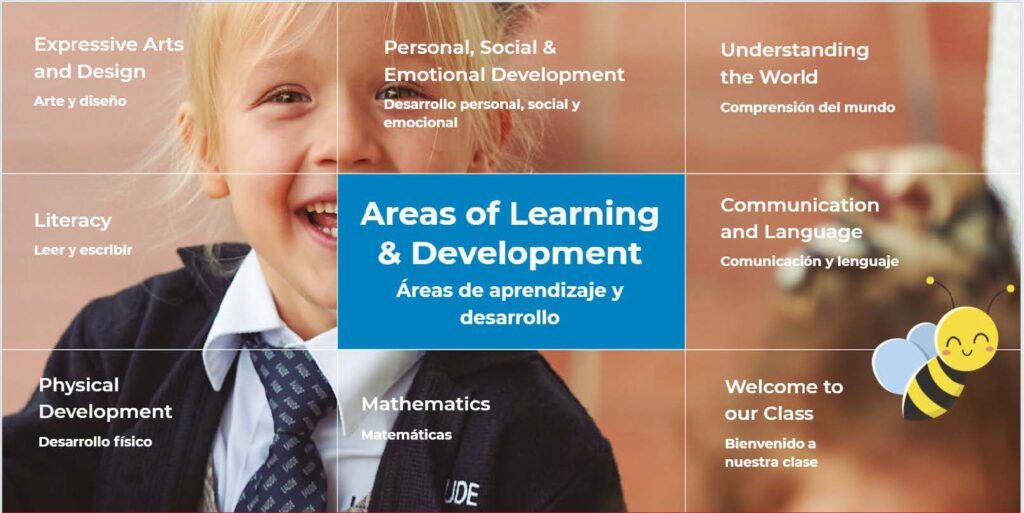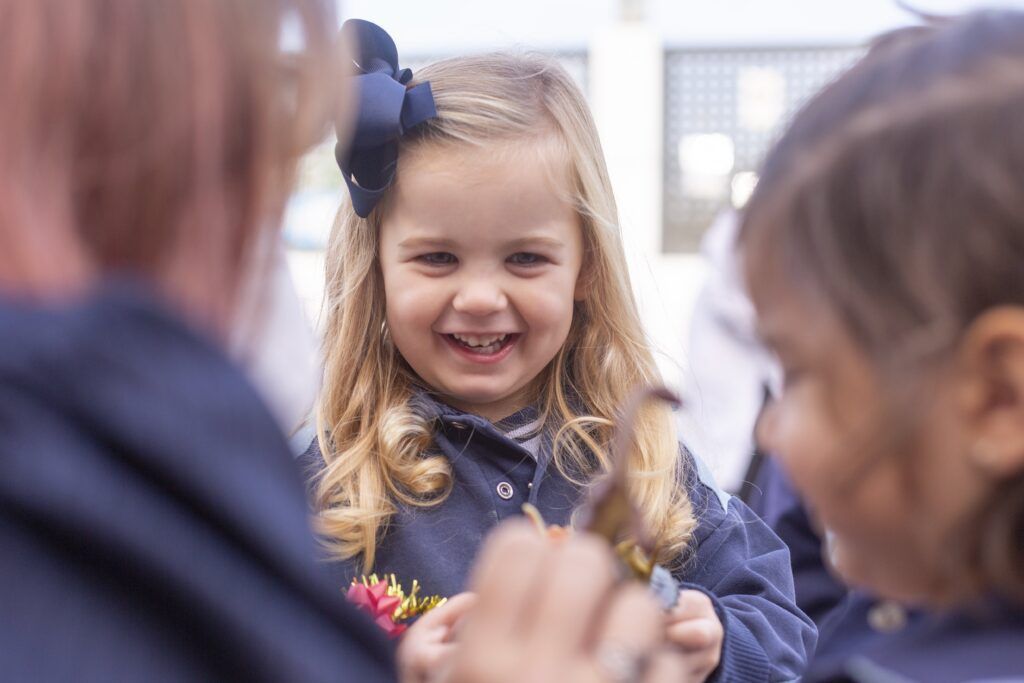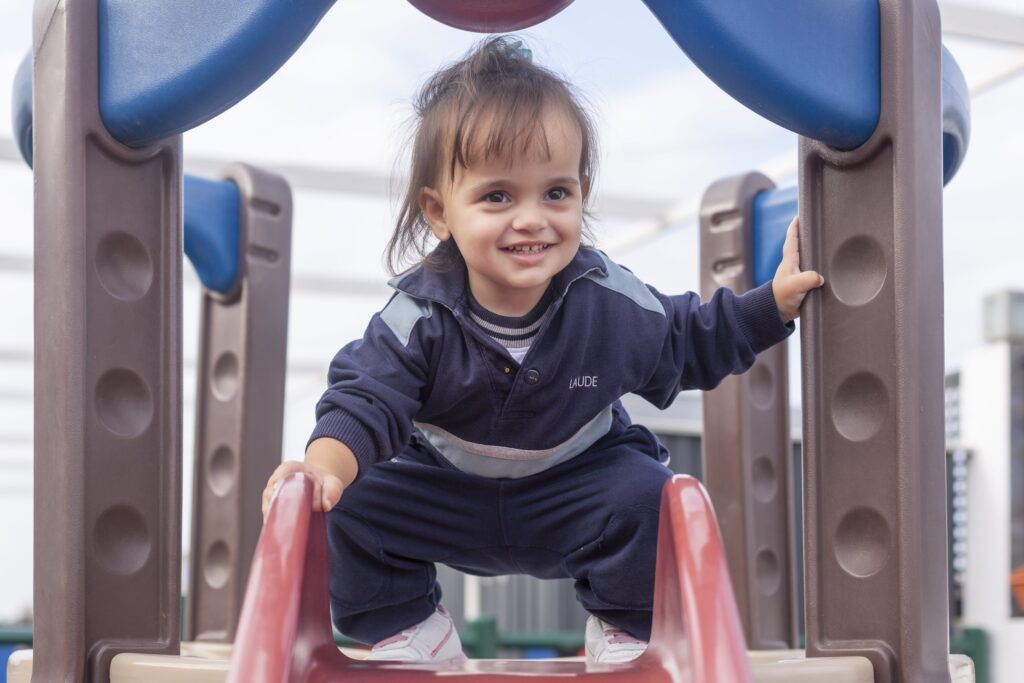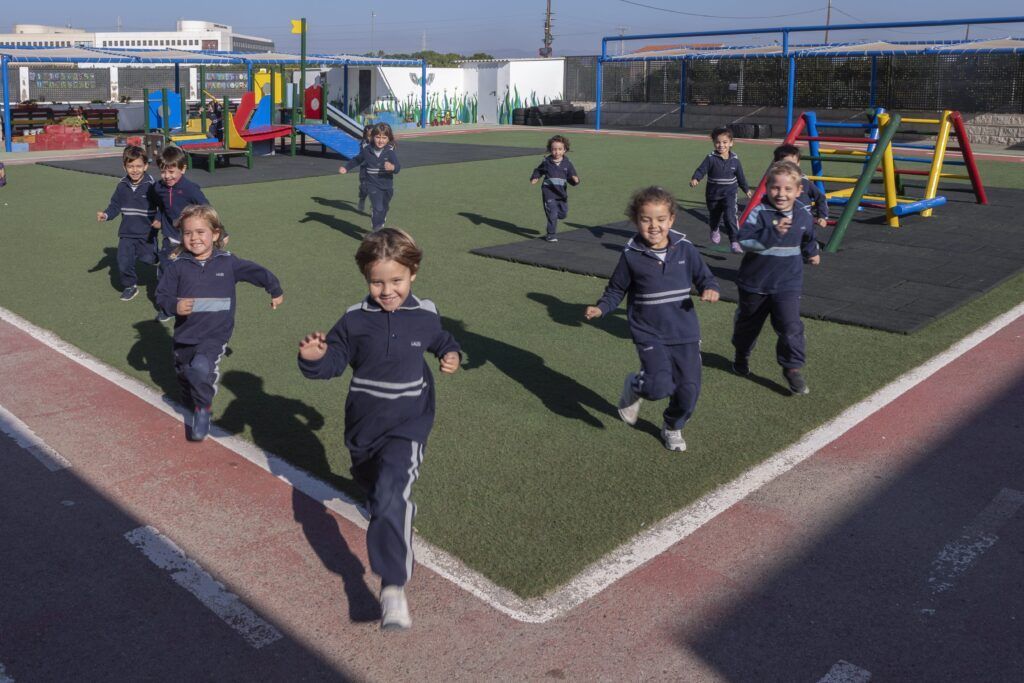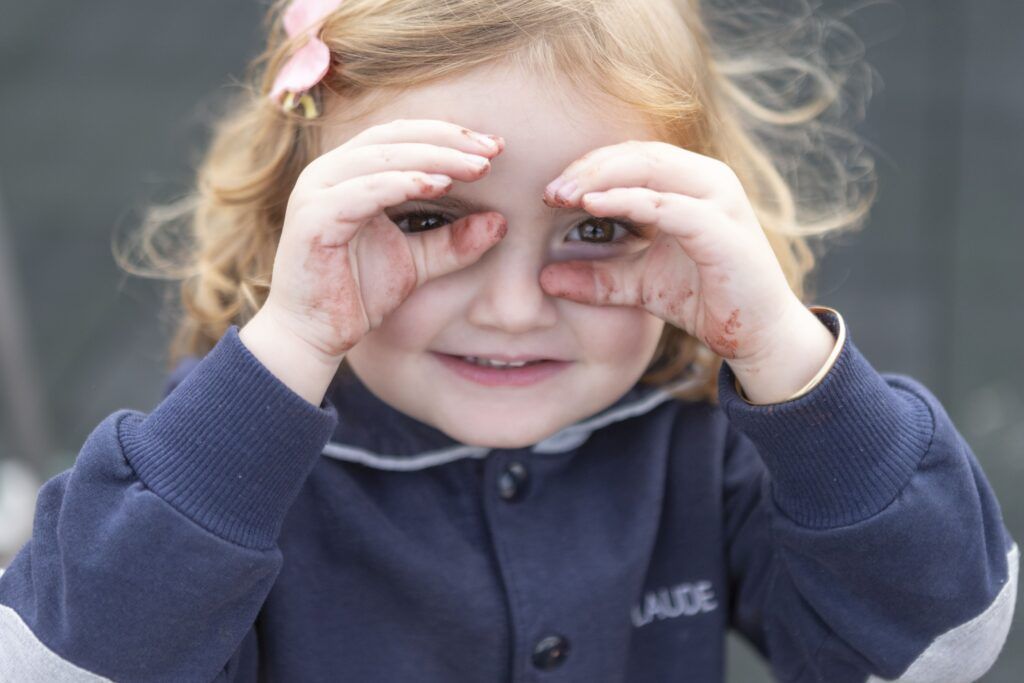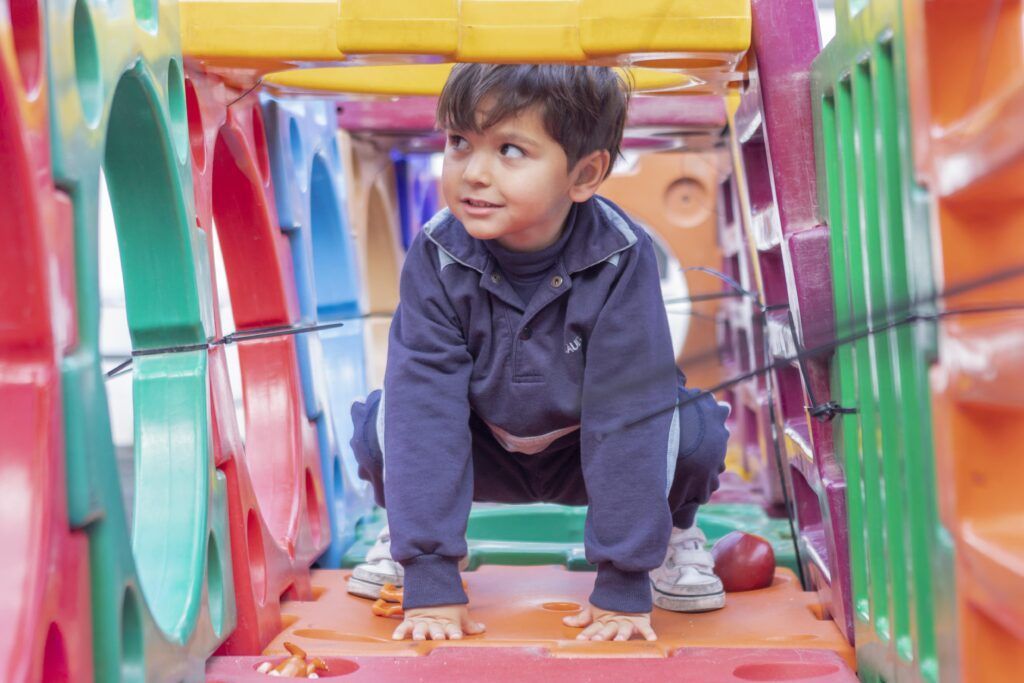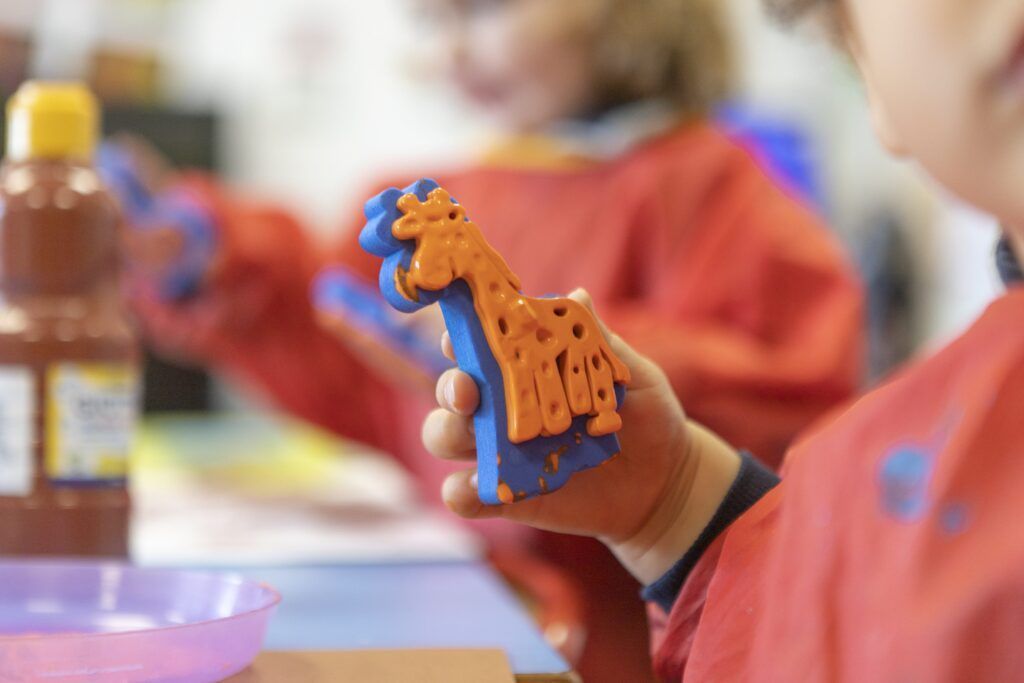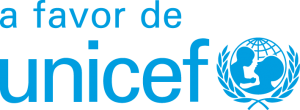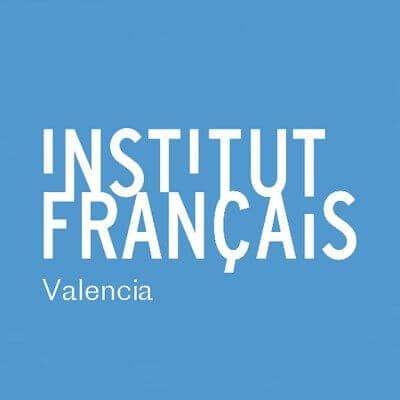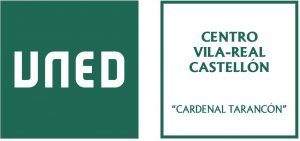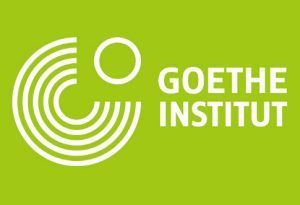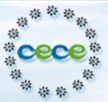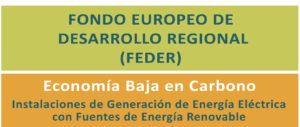EARLY YEARS
Early Years Education at British School of Vila-real aims to provide children with the best first steps to learning. We strive for pupils to develop and grow in a stimulating and safe environment, full of amazing learning opportunities, which both challenge and motivate children to reach their full potential. We believe that our role as teachers is to foster a love of learning and provide children with the skills and resources they need for the future.

Our students learn in a very exciting and stimulating environment. The building contains a range of carefully designed learning spaces, including spacious, bright classrooms and covered outdoor areas.
We emphasise ‘active learning’ and ‘hands-on’ personal experiences and focus on developing the learning process through free play, directed play and imaginative play as well as more formal activities. Technology and innovative teaching are important tools that support our pedagogy and help us to make learning creative and engaging for children.
Get to know our Early Years team
Curriculum
Early Years Foundation Stage
We promote effective teaching and learning so that children acquire the knowledge, skills and concepts they will need to embark on their educational journey. Children enjoy an orderly, engaging and stimulating environment through an entertaining yet challenging curriculum.
Nursery 2
In this course children learn songs, rhymes and action games in English. They learn basic mathematical skills as well as fine motor skills and some of the gross motor skills. They learn to listen to English in a focused and centred way. They learn to collaborate, share and chat with peers. By the time they reach N3 they will be used to hearing, assimilating and interpreting the sounds, rhythm and changing intonation of English.
Foundation Stage (Nursery 3 and Reception)
The children work on the six areas/fields of the programme:
-
- Personal, social and emotional development area
- Communication, language and literacy
- Development of mathematical sense
- Knowledge and understanding of the world
- Physical development
- Creative development
At this age, play is central to all development and learning: it is through play that children develop intellectually, creatively, physically, socially and affectively in each of the six domains of learning.
Through play, children develop language skills, their emotions and creativity, personal, social and intellectual skills. Within the 7 learning areas, teachers continuously observe and evaluate to create individualised programmes and enhance the experiences of their young learners.
Development and learning are interwoven and inseparable: none of the six domains can be taught in isolation. Each is as important as the others and they are interdependent.
Key Stage One (Years 1 y 2)
The British National Curriculum consists of ten compulsory subjects: English, Mathematics, Science, Communication and Information Technology, History, Geography, Drawing, Design, Physical Education and Music. There are objectives or targets which set out what pupils should know and be able to do at each stage of their school life.
EXTERNAL EXAMS
In Infant we assess our pupils according to the guidelines set out in the British National Curriculum.
We also carry out formative assessments after each unit to assess progress in writing and reading.
From Year 1 to Year 6 we use summative assessment. These assessments enable us to assess the skills learnt by students during the term and their progress over the course of the course.
In addition, we use formative assessment throughout the year, which enables students to better monitor their learning. As teachers deliver the curriculum, students are able to identify gaps in their own learning. Formative assessment focuses on how to address these gaps.
As we work with each student, we gain an expanded understanding of their skills, strengths and weaknesses. The British curriculum is based on a spiral model that constantly develops children’s knowledge, skills and understanding.
Assessment should be a tool that enables teachers to focus on what children need to learn at any given moment.
